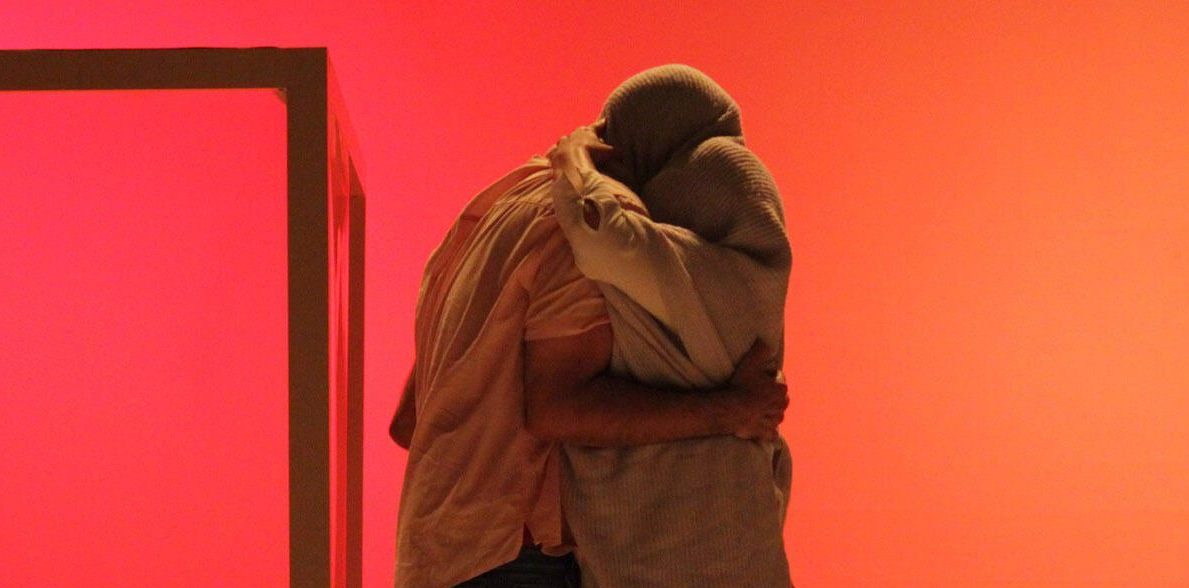
Theatre as healing and social engagement
Founded in Lebanon in 2006, Zoukak creates common spaces for creative expression in the community through theatre, writing, acting as therapy, role play and imagination.
During conflicts in 2006 and 2007, they offered theatre interventions that were therapeutic to people who were affected. Since then, they have continued to experiment and fine-tune their processes. Today, they work with incarcerated youths, children with disabilities, women affected by domestic violence, migrant domestic workers and other marginalized people, while continuing to work with people affected directly and indirectly by conflict. Since 2016, they have trained over 100 other theatre practitioners in their model of psychosocial intervention. Zoukak currently supports people affected by the port explosion of August 2020.
In 2017, the group opened a studio space in Beirut, producing new work for audiences there, as well as training playwrights, actors, dancers, dramatists and other performers in theatre as therapeutic practice. The venue includes a rehearsal room, a technically equipped performance space, a café/bar and a meeting space for public gatherings.
In addition to developing a framework for artistic intervention in emergency situations, Zoukak focuses on building the social arts sector in Lebanon. To this end, they often convene practitioners regionally and internationally around various themes. In 2013, they launched the Sidewalks Festival, a biennial event hosting local and international groups at their studio that serves as a platform for artistic exchange and collaboration.
The group has been involved with prestigious theatre festivals including Festival D’Avignon or Sundance Lab and received numerous awards for their work including the Chirac Foundation Award of Culture for Peace (2017) and the Ellen Stewart International Award (2018).
During a time of political, economic and social upheaval in Lebanon, Zoukak and other arts groups are cooperating to support young people, acting as hubs for protest, or opening up their spaces as free rehearsal and meeting spaces. The group seeks to create an environment where the performing arts are tools for reflection and engagement.
Return to grantee stories
